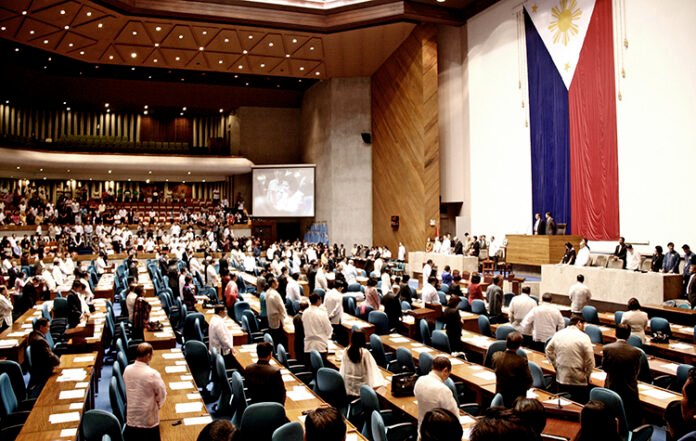A team of legal experts from the University of the Philippines (UP) has petitioned the Supreme Court to urge both the Senate and the House of Representatives to enact legislation that clearly defines and prohibits political dynasties.
During a press briefing, Rico Domingo, a graduate of UP College of Law, highlighted that it has been 37 years since the ratification of the 1987 Constitution. However, Congress has yet to fulfill its constitutional duty outlined in Section 26, Article II, which mandates the enactment of a law addressing political dynasties and providing a precise definition of what constitutes a political dynasty.
The specific provision in question stipulates that “the State must ensure equal access to opportunities for public service and prohibit political dynasties as defined by law.”
Political dynasties have long been entrenched in our political landscape, exerting significant influence. This has resulted in many elected officials hailing from these dynasties,” Domingo remarked.
He also noted that qualified individuals capable of holding public office often find themselves sidelined, as political dynasties, due to their wealth and influence, continue to dominate the scene.”
Domingo was joined by fellow UP law alumni Wilfredo Trinidad, Jorge Cabildo, and Ceasar Oracion in filing a special civil action for mandamus before the high tribunal.
According to Rule 65, Section 3 of the Rules of Court, any individual can seek redress under this provision “when any tribunal, corporation, board, officer, or person unlawfully fails to perform an act that the law specifically requires as a duty stemming from an office, trust, or position.”
A Remarkable Oversight
In a separate communication, legal practitioners asserted that their petition aimed to highlight what they described as a “remarkable oversight, a regrettable and egregious dereliction of duty by Congress.”
“While some conscientious lawmakers have made sincere efforts, the congressional records do not indicate the passage of any legislation defining and prohibiting political dynasties,” they remarked. Domingo, one of the lawyers involved, emphasized the “supreme and paramount significance” of the issues raised in their petition.
“Due to Congress’s inaction, refusal, or sheer neglect in enacting the law mandated by the 1987 Constitution, the Filipino populace is being denied the benefits envisioned by the Constitution through the execution and enforcement of the state policy articulated in Section 26, Article II,” he added.
Since the 8th Congress in 1987, there have been unsuccessful endeavors to introduce legislation against political dynasties to facilitate electoral and political reforms. Studies attribute this to the prevalence of congressional members originating from political dynasties themselves.
Pending Bills Addressing Political Dynasties in the 19th Congress
Amidst ongoing discussions surrounding political dynasties in the Philippines, Kabataan party list Rep. Raoul Manuel has introduced House Bill No. 1157 in the current 19th Congress. This bill aims to prohibit the establishment of political dynasties within the country.
According to the official House website, the bill has been awaiting further action from the committee on suffrage and electoral reforms since its filing on August 1, 2022.
On the Senate side, Sen. Grace Poe has also put forward Senate Bill No. 548, which seeks to define and prohibit political dynasties, adding to the legislative efforts addressing this issue.
The significance of these bills stems from concerns raised by a 2019 study conducted by the Ateneo de Manila University’s School of Government. The study highlighted the correlation between the prevalence of political dynasties and heightened levels of poverty and inequality, particularly in rural areas and provinces where such dynasties hold sway. These bills thus represent crucial steps toward addressing longstanding challenges related to political power consolidation and its impact on socio-economic dynamics in various regions of the country.
Referring to statistics from the 2019 elections, it was found that 80% of governors, 67% of House representatives, and 53% of mayors belonged to political dynasties characterized by multiple family members holding concurrent government positions.




